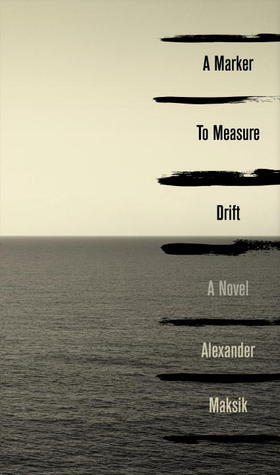What do you think?
Rate this book


240 pages, Hardcover
First published July 30, 2013
”Nostalgia, her father said, is from the Greek. Nostros, to return home. Algos, pain.This is the story of Jacqueline, who leaves Liberia during the civil war, who escapes her life but not her memories of that life. There is an almost unbearable tension in this novel, despite the languid, sunny days and lack of action. We recognize something in this lost woman, and in the kindnesses of strangers who see something broken in her that needs tending. We are drawn into this story and we walk the rest of the way on our own volition, much like Jacqueline does, not sure where she is going. It is very powerful writing.
Nostalgia, her father had once told her at lunch, is homesickness.”